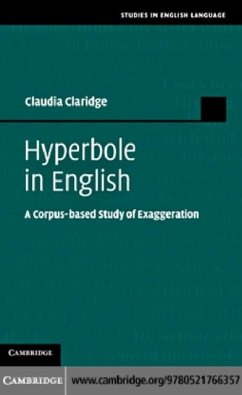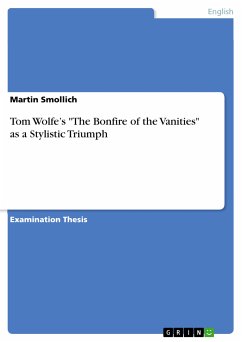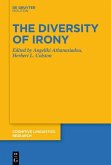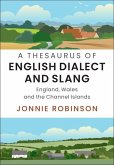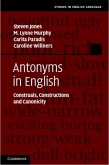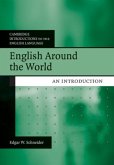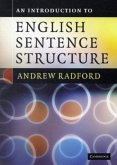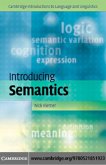Non-literal language is ubiquitous in everyday life, and while hyperbole is a major part of this, it has so far remained relatively unexplored. This volume provides the first investigation of hyperbole in English, drawing on data from genres such as spoken conversation, TV, newspapers, and literary works from Chaucer to Monty Python. Combining quantitative and qualitative analyses, it uses approaches from semantics, pragmatics, discourse analysis and classical rhetoric to investigate in detail both speaker-centered and emotive aspects of hyperbole, and also addressee-related aspects, such as interpretation and interactional uptake. Illustrated with a range of diachronic case studies, hyperbole is also shown to be a main means of linguistic creativity, and an important contributor to language change. The book concludes with an exploration of the role of hyperbole in political speaking, humour, and literature. Original and in-depth, it will be invaluable to all those working on meaning, discourse, and historical linguistics.
Dieser Download kann aus rechtlichen Gründen nur mit Rechnungsadresse in A, B, BG, CY, CZ, D, DK, EW, E, FIN, F, GR, HR, H, IRL, I, LT, L, LR, M, NL, PL, P, R, S, SLO, SK ausgeliefert werden.

